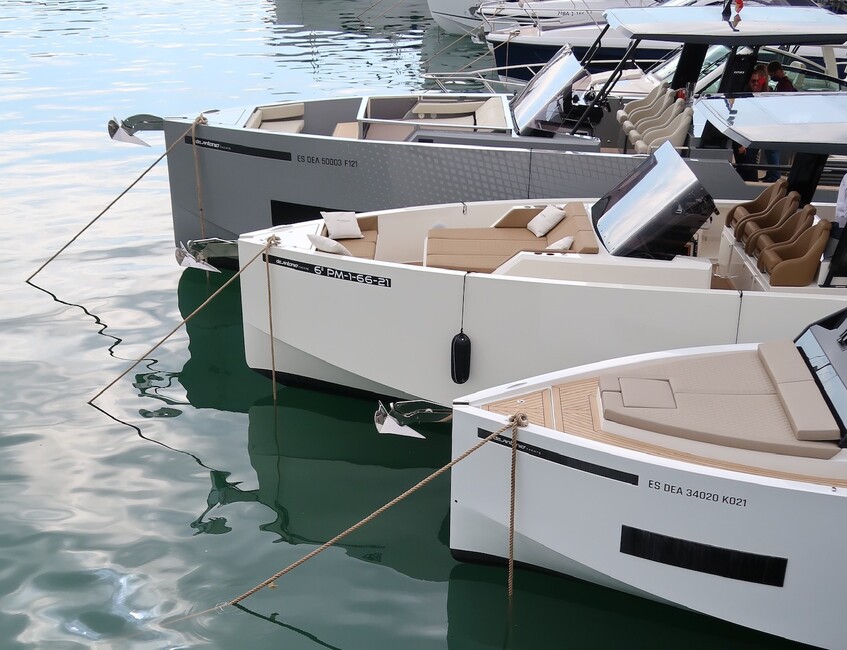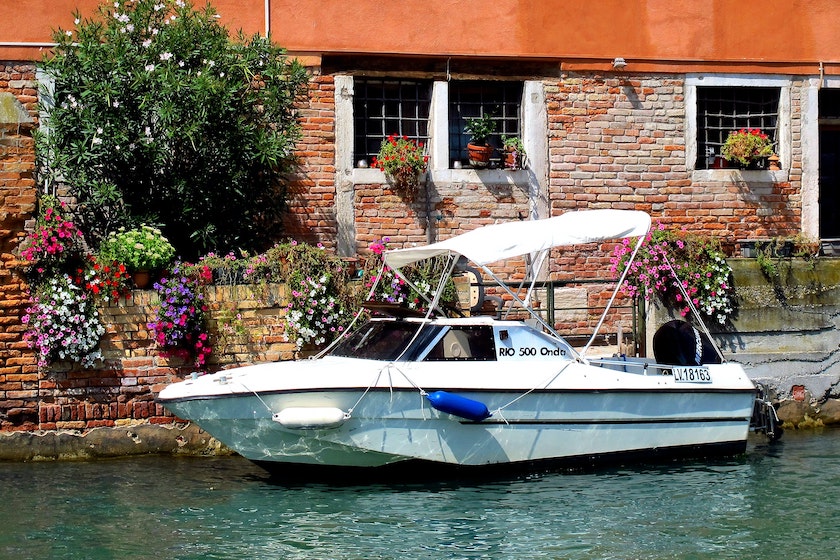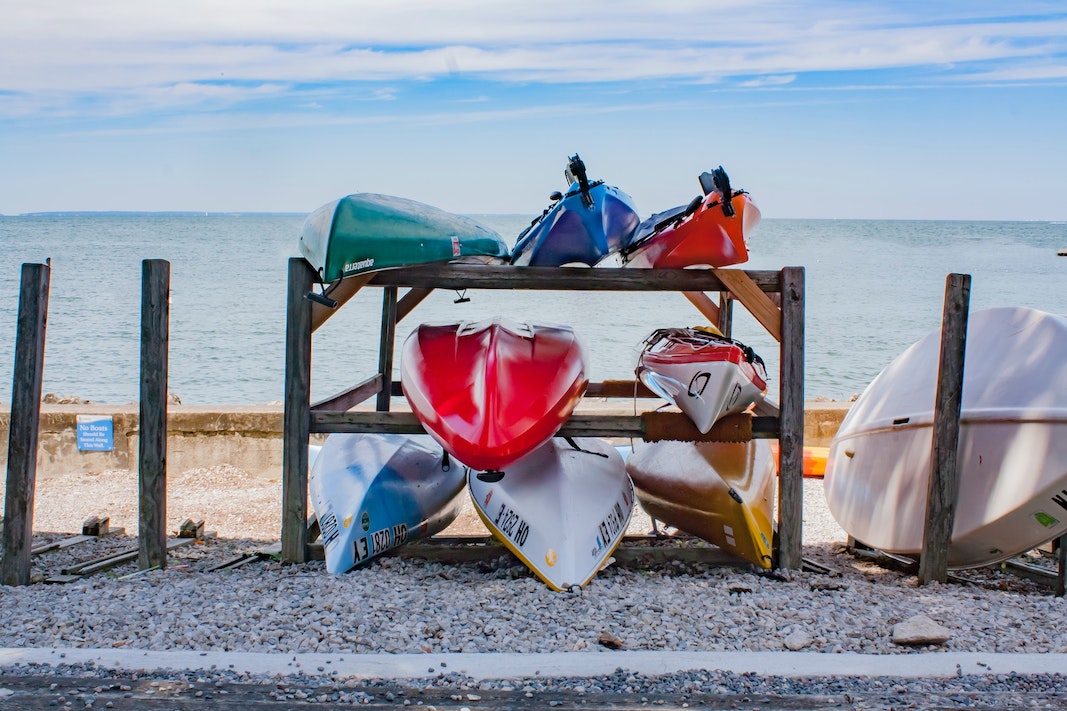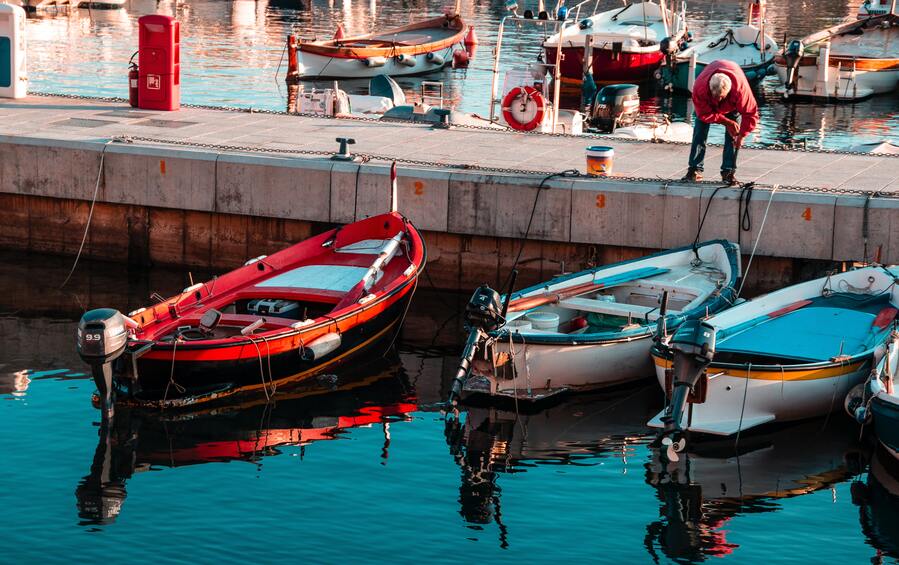Bought a boat, or planning on buying one? Deciding on where to berth or moor your boat is an important task and can be a defining factor in how much use you will get out of your new prize possession. So, you will want to do your research properly- luckily for you, we’ve prepared this guide to help!
Before we get started, there are two questions that will determine which option is the right one for you. First and foremost, where will you be using your boat? In the sea? River? Near home? Or perhaps further afield? This question shouldn’t be too hard to answer as you've probably already thought about this during the process of buying your boat. And for those of you who haven’t yet- get thinking as it’s quite difficult to decide on where to keep the boat if you don’t know where you’ll be using it!
Another important question is how often will you be using your boat? Try to answer this question as realistically as possible. If you are someone who will be down by the water most days then the logical option is to keep it in the water, or at least by the lake, river or harbour where you will be sailing. For those who prefer to sail during the summer months, storing it on dry land would be a sensible option.
In the Water
If you are planning on sailing more frequently, mooring your boat by the water is the most accessible option. Before choosing your mooring you should know that each water authority has its own restrictions, so you should thoroughly research where you want to leave your boat and what kind of mooring is legal where.
In a Marina

Marinas are a convenient place to keep your boat as they have lots of facilities on site. Photo: Alma Lonardi
Marinas are the ideal place to keep your boat, not only do they have plenty of facilities on site (fuel, water, waste disposal to name a few), it also means that your boat will already be in the water ready to set sail at a moment’s notice. As convenient as wet storage is, your boat will be more exposed to marine life such as barnacles, not to mention bad weather and salt water- and, yes, salt water can only mean one thing for a boat: corrosion- so make sure you maintain your boat to minimise damage.
So, how much does it cost to keep your boat in a marina? If you are planning on being based in one specific marina you can opt for an annual berth which will be cheaper than a monthly or visitor rate. Whilst prices depend largely on the marina and the size of your boat, in Southampton’s Town Quay marina it costs £358.00 per metre for a boat of 6.5 metres or under, while a boat between 10.6 and 12.2 metres would cost £576.00 per metre. If you’re a seasonal boater and plan on berthing in a marina during the summer months, monthly rates range from £40 to £62 per metre.
If you are planning to start a new liveaboard life, be aware that you could incur some extra charges. Town Quay charges a £720 Live-aboard Facilities Surcharge as well as a £200 Additional persons live-aboard fee.
In a River or Canal

The Canal and River Trust own 2,000 miles of waterways in the UK. Photo: Lukasz Jablonski
If you decide to moor your boat in a river or canal, your water authority will most likely be the Canal and River Trust who own over 2,000 miles of canals, rivers, docks and reservoirs in the UK. If you are planning to keep your boat in the same berth year-round, check out the available moorings on their website. These moorings are often sold via auction and the starting price or highest bid will be posted on the site, however, others do work on a first come first serve basis. To give you a rough idea of how much it costs to moor your boat in a river or canal, a 10.5 metre mooring in Uxbridge had a highest bid of £1,447.48 per year, whilst a larger 22 metre mooring had a starting price of £3,033.09 per year. Although obviously costs vary greatly depending on location and size.
For the more adventurous boaters out there, short term moorings that are controlled by the Canal and River Trust are marked with a red mooring icon on their maps. These moorings are free for a period of time that is specified on the visitor mooring signs. The time periods are a 4 hour shop and drop, 48 hours, 7 days and 14 days. If you stay for a specified time, mooring is free and for those who wish to extend their stay there is a charge of £25 per day. If you are headed to London, they also offer the possibility of pre-booking a mooring to ensure that you will have somewhere to stay.
Dry Storage

Seasonal sailers can opt for dry storage. Photo: Alyssa Moore
If you only use your boat during the warmer months or for a couple of weekends a year, you may want to consider opting for dry storage. Since exposure to the elements and water leads to corrosion, dry storage often preserves your boat better. It can also reduce maintenance. The downside to this type of storage is that your boat will be quite inaccessible and getting it in the water will therefore require some planning ahead of time, unless you have a small boat that’s easy to manoeuvre and well located.
At Home
If you have purchased a small, trailerable boat, storing it at home- in a drive or garage- makes perfect sense. It’ll not only save you a lot of money, but it will also allow you to have easy access to your boat if you need to do repairs or maintenance work. Even if you don’t have a drive or garage at home, you can always look into renting or buying one locally. An additional bonus is that keeping your boat on dry land means less corrosion from salt water. It does, however, mean that you will probably spend less time on the water, so be sure that this fits in with your sailing plans. Another thing to consider is that, unless you live in Buckingham Palace, your home probably won’t have the same level of security as more commercial boat storage facilities.
Boatyard
Boatyards have a wide range of services available including repairs, lifting boats out of the water and storing them on land. Most marinas have a boatyard which means that your boat will never be far from the water. Each boatyard will have their own prices, however, as a guide Queen Anne's Battery in Plymouth charges £6.15 per metre per week. Those who store their boat for more than 12 consecutive months will be charged this price plus an extra 50%.
Stacked Storage
Another dry storage option is stacked storage. This is an ideal option for small motorboat owners particularly those with ribs or sports boats. Stacked storage facilities often offer fully undercover storage and outside options. With our notoriously wet weather, undercover storage options are probably a good idea. While it may be more expensive up front, you will save money in the long run, with less maintenance costs related to weather damage. So, how much does it cost? For a boat of up to 10 metres, the Trafalgar Group in Portsmouth Harbour charges £599.00 per metre per year for a fully enclosed facility.
Main image: Alma Lonardi




